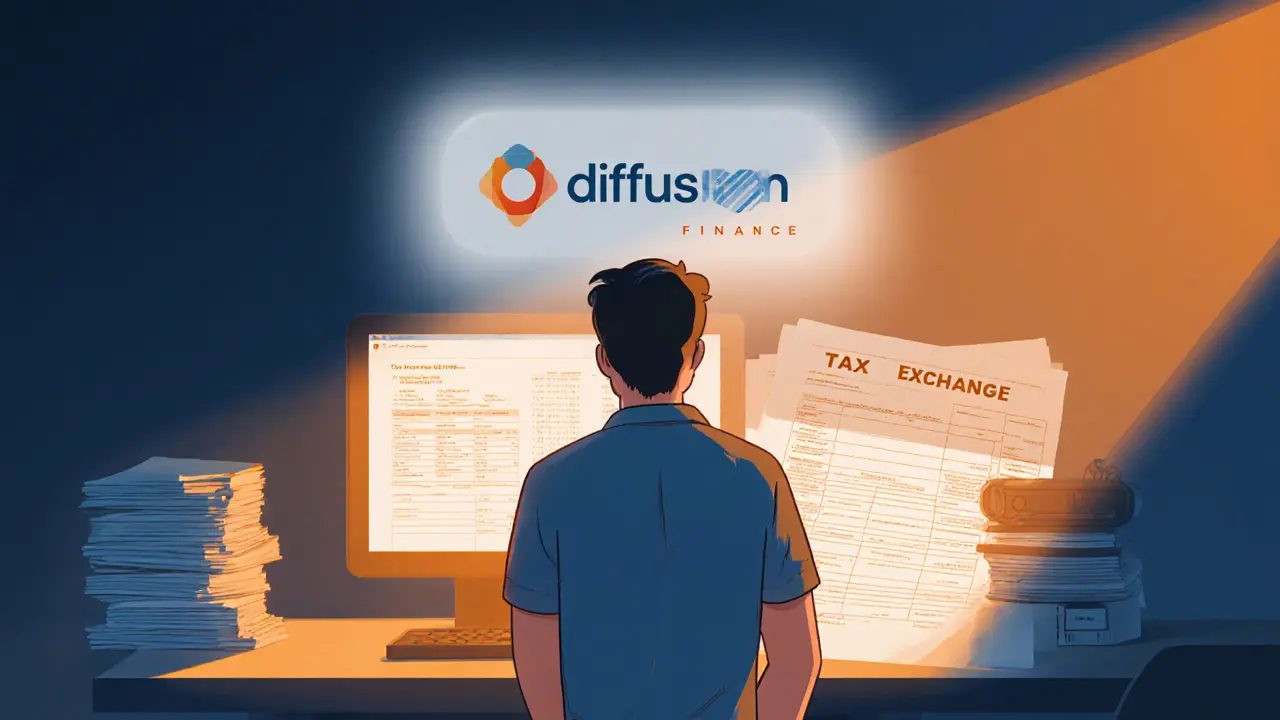- 18 Aug 2025
- Elara Crowthorne
- 19
Diffusion Finance Crypto Exchange Review: Features, Fees, and Safety
A concise review of Diffusion Finance crypto exchange covering its limited public data, fees, security, tax reporting, and how it compares to major platforms.

